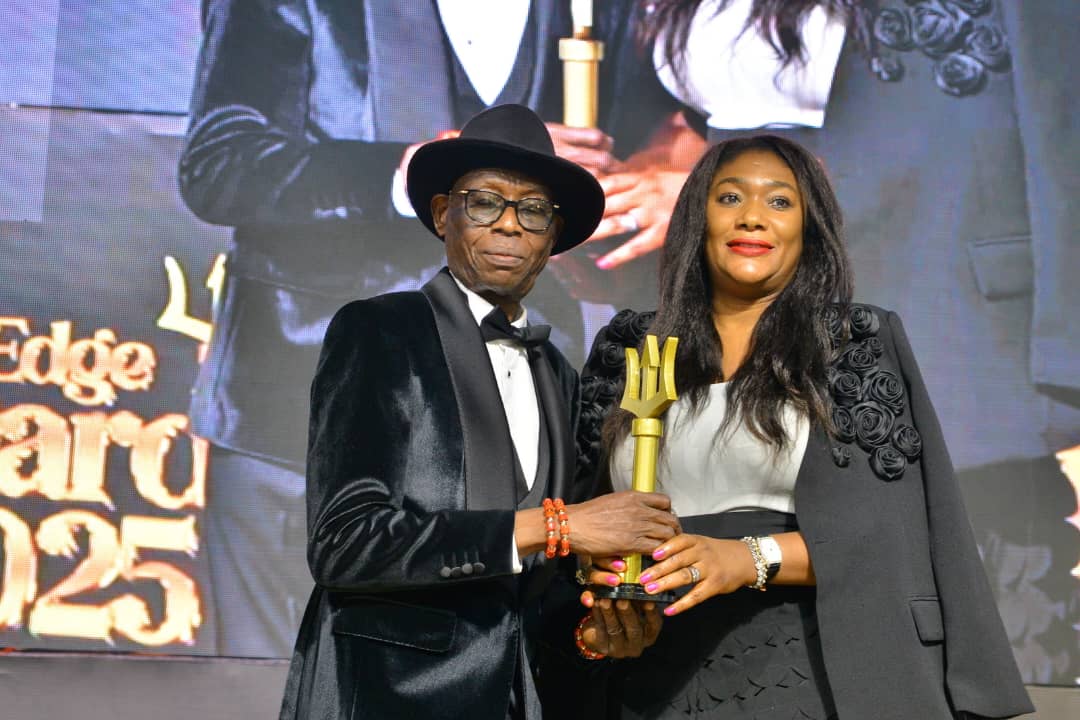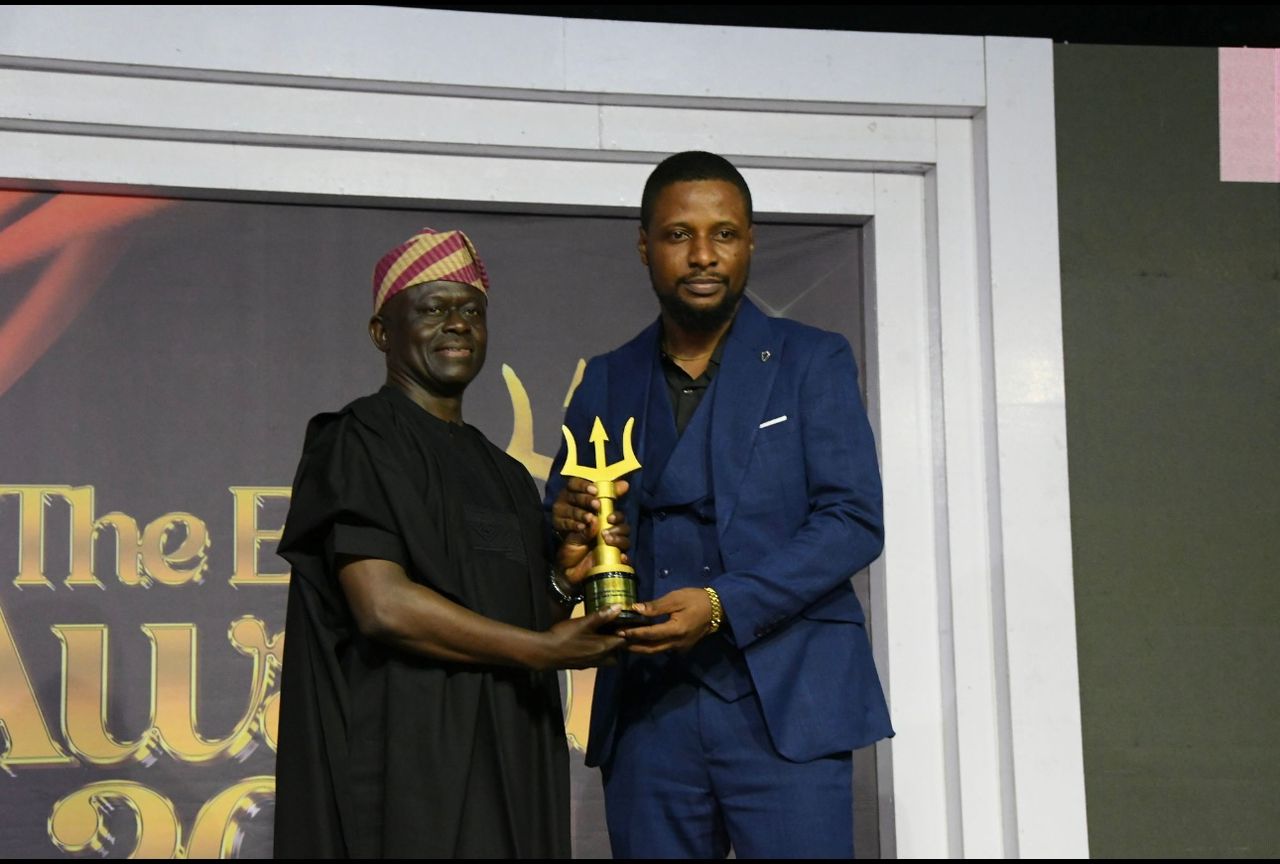World Trade Organisation (WTO) has appointed Dr. Okonjo-Iweala as its first female and first Africa leader today at the WTO’s Geneva Headquarters. She is to resume office on 1st March 2021 and her term is renewable and will expire on 31 August 2025. This was made known on WTO website and its Twitter handle @WTO.
The tweet read: “Ngozi Okonjo-Iweala from Nigeria is appointed as the next WTO Director-General. Dr. Okonjo-Iweala makes history as the first woman and the first African to lead the WTO. Her term starts on the 1st of March 2021.”
The WTO has been without a leader for nearly six months before now and has, today, appointed its seventh Director-General.
Okonjo- Iweala, who secured the support of the US President Joe Biden for the post of Director-General of the World Trade Organisation (WTO), has been finally appointed.
Speaking on the appointment, the General Council Chair David Walker of New Zealand stated: “This is a very significant moment for the WTO. On behalf of the General Council, I extend our warmest congratulations to Dr Ngozi Okonjo-Iweala on her appointment as the WTO’s next Director-General and formally welcome her to this General Council meeting.
“Dr Ngozi, on behalf of all members, I wish to sincerely thank you for your graciousness in these exceptional months and for your patience.
“We look forward to collaborating closely with you, and I am certain that all members will work with you constructively during your tenure as Director-General to shape the future of this organisation,” he added.
Dr Okonjo-Iweala said a key priority for her would be to work with members to quickly address the economic and health consequences brought about by the COVID-19 pandemic.
Her words: “I am honoured to have been selected by WTO members as WTO Director-General. A strong WTO is vital if we are to recover fully and rapidly from the devastation wrought by the COVID-19 pandemic. I look forward to working with members to shape and implement the policy responses we need to get the global economy going again. Our organisation faces a great many challenges but working together we can collectively make the WTO stronger, more agile and better adapted to the realities of today.”
Prior to her new appointment, Dr. Okonjo-Iweala was the Former Finance and Foreign Minister of Nigeria, Former Managing Director World Bank, Former Chair of Gavi the Vaccine Alliance and African Union and WHO Envoy on COVID-19.
Dr Ngozi Okonjo-Iweala is an economist and international development expert with over 30 years of experience. She is Co-Chair of The Global Commission on the Economy and Climate. She also sits on the Boards of Standard Chartered PLC and Twitter Inc. She was Chair of the Board of Gavi, the Vaccine Alliance (2016 – 2020) and of the African Risk Capacity, ARC (2014 – 2020). Previously, she served as Senior Advisor at Lazard from September 2015 – October 2019.
She also served twice as Nigeria’s Finance Minister, from 2003-2006, 2011-2015, and briefly as Foreign Minister, the first woman to hold both positions. She spent a 25-year career at the World Bank as a development economist working on economic development programs and policy reforms including trade policy in middle and low-income countries. She rose to the No.2 position of Managing Director at the World Bank, overseeing an $81 billion operational portfolio in Africa, South Asia, Europe and Central Asia.
Dr Okonjo-Iweala was named Forbes African of the Year (2020), Minister of the Decade, People’s Choice Award (2020) by Nigeria’s This Day newspaper. She also received the International Service Award of the World Affairs Councils of America (2020) as well as the Aminu Kano Award for Leadership (2020). In 2019, she was named one of Transparency International’s 8 Female Anti-Corruption Fighters Who Inspire. She has been ranked by Fortune as one of the 50 Greatest World Leaders in 2015, by Forbes as one of the Top 100 Most Powerful Women in the World consecutively for four years, by Time as one of the Top 100 Most Influential People in the World in 2014, and by the UK Guardian as one of the Top 100 Women in the World in 2011.
Dr Okonjo-Iweala holds a Bachelor’s in Economics from Harvard University and a PhD in Regional Economics and Development from the Massachusetts Institute of Technology. She is an Angelopoulos Global Public Leader at Harvard University Kennedy School, a Fellow of the American Academy of Arts and Sciences and has received sixteen honorary degrees, including from Yale University, the University of Pennsylvania, Brown University, Tel Aviv University and Trinity College, Dublin. She is the author of numerous articles on finance and development, and several books including Women and Leadership – Real Lives, Real Lessons co-authored with Julia Gillard (Penguin Random House, 2020) Fighting Corruption is Dangerous: The Story Behind the Headlines (MIT Press, 2018) and Reforming the Unreformable: Lessons from Nigeria (MIT Press, 2012), The Debt Trap in Nigeria co-ed with Charles Soludo and Mansour Muhtar (Africa World Press, 2003).
The World Trade Organisation (WTO) is an intergovernmental organization that is concerned with the regulation of international trade between nations. The WTO officially commenced on 1 January 1995 under the Marrakesh Agreement, signed by 123 nations on 15 April 1994, replacing the General Agreement on Tariffs and Trade (GATT), which commenced in 1948. It is the largest international economic organization in the world.
The WTO deals with regulation of trade in goods, services and intellectual property between participating countries by providing a framework for negotiating trade agreements and a dispute resolution process aimed at enforcing participants’ adherence to WTO agreements, which are signed by representatives of member governments and ratified by their parliaments. The WTO prohibits discrimination between trading partners, but provides exceptions for environmental protection, national security, and other important goals. Trade-related disputes are resolved by independent judges at the WTO through a dispute resolution process.






Comment
No comments found.